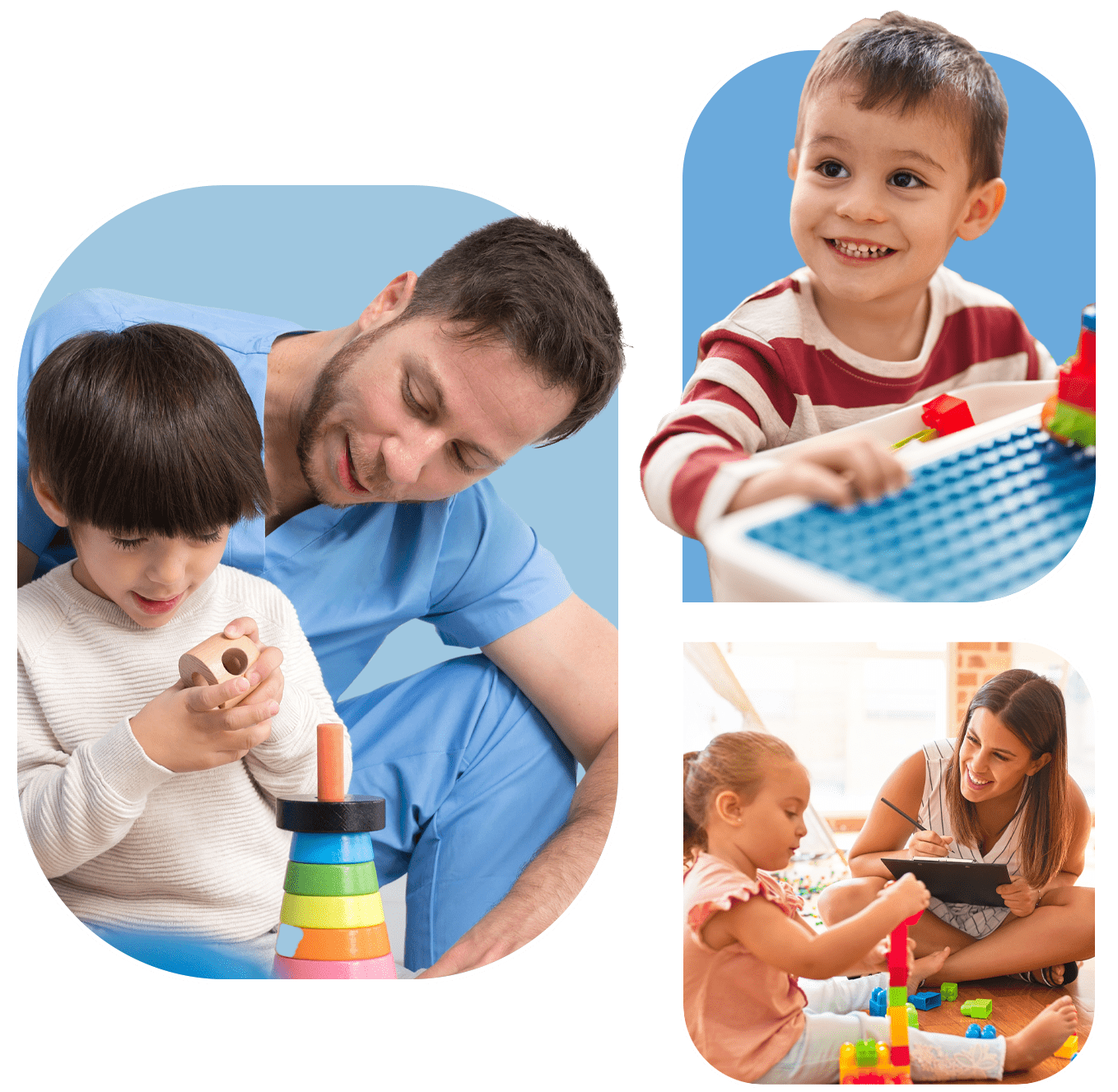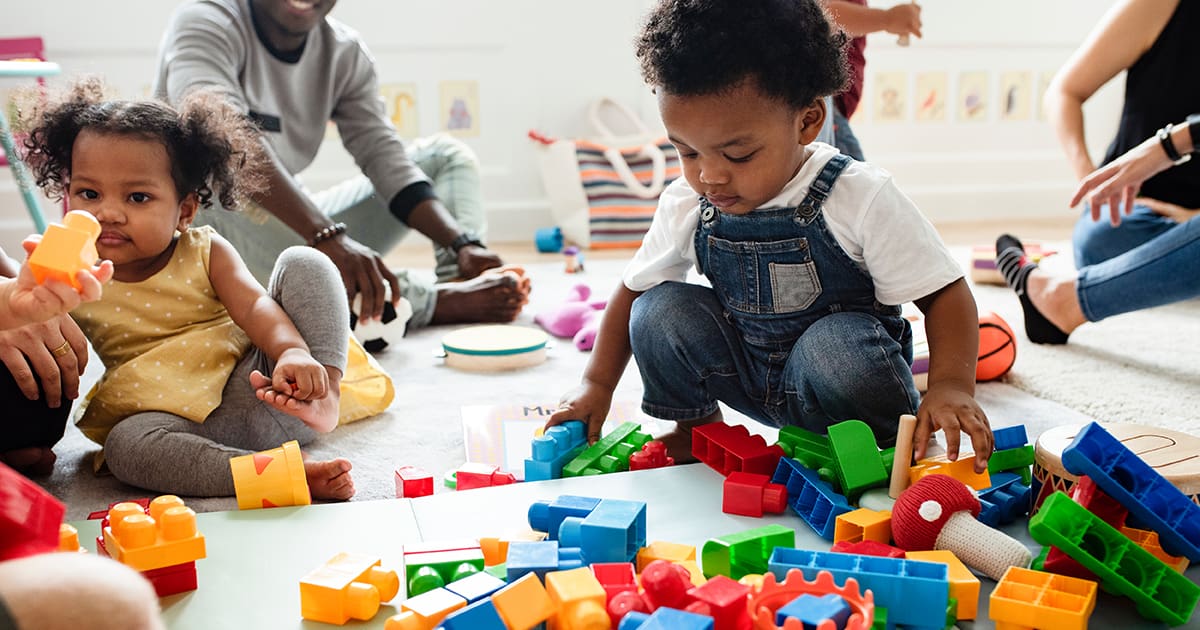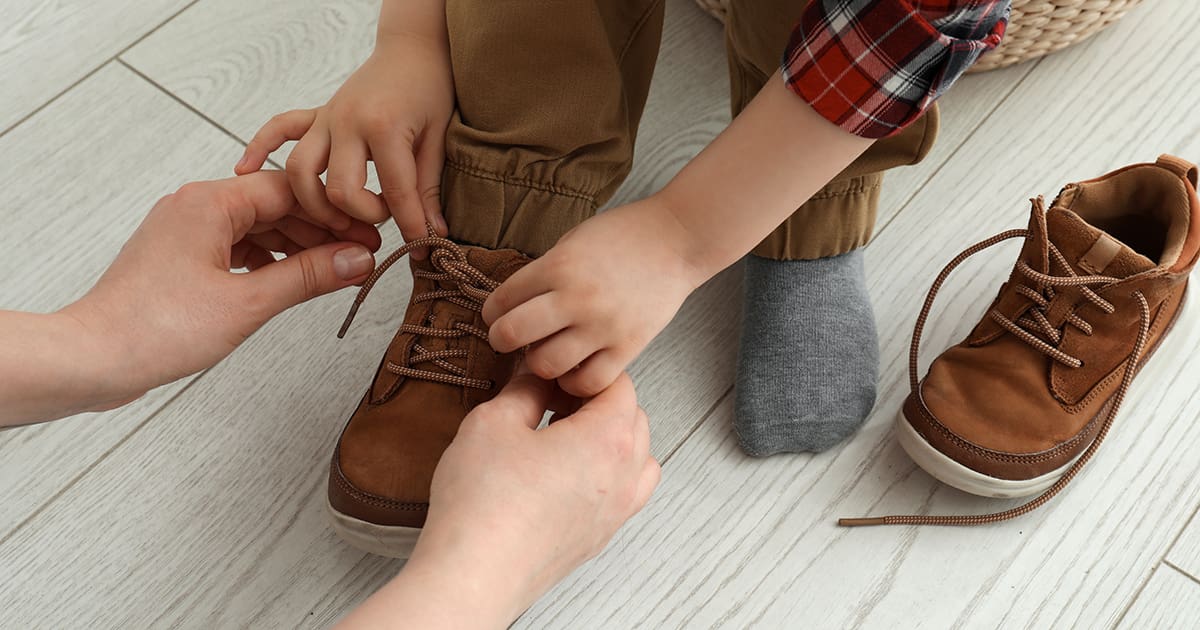Share this Post

Preparing your child for school—and life—through confident growth and play
Between the ages of 3 and 5, children blossom in remarkable ways. They move with more coordination, speak in full sentences, play creatively with peers, and begin developing the skills that will carry them into kindergarten and beyond. These years are not only full of joy, but also essential in laying the foundation for academic learning, social relationships, emotional regulation, and independence. These progress points are called developmental milestones, and they provide insight into how your preschooler is growing in all areas of life.
At CST Academy, our multidisciplinary Pediatric Therapy and Therapeutic Preschool programs are designed to support children through this exciting and critical stage of development. Whether your child is soaring or struggling, knowing what to expect—and when to ask for support—can make a world of difference.
What Are Preschool-Age Milestones?
During ages 3–5, developmental milestones become more complex and socially driven. These years often include big leaps in attention span, speech clarity, self-help skills, emotional expression, and academic readiness. Preschoolers are busy building the skills they’ll need for success in school—and in life.
Key developmental areas to watch at this stage include:
- Gross Motor: Jumping, climbing, throwing, and catching
- Fine Motor: Drawing shapes, using scissors, manipulating small objects
- Speech & Language: Speaking in full sentences, asking questions, being understood by others
- Social & Emotional: Making friends, managing big feelings, taking turns
- Cognitive: Understanding time, counting, recognizing letters, following multi-step directions
While development continues to vary from child to child, persistent difficulties in one or more of these areas may be a sign that your child could benefit from early intervention services or structured preschool support.
Common Developmental Milestones: Ages 3–5 Years
Gross Motor Skills
- Jumps forward with both feet
- Climbs playground structures with confidence
- Stands on one foot for a few seconds
- Throws and catches a ball with direction and control
Fine Motor Skills
- Draws a circle (age 3), square (age 4), and basic stick figures (by age 5)
- Uses scissors with supervision
- Starts writing some letters or numbers
- Manipulates buttons, zippers, or small toys with improved control
Speech & Language Skills
- Speaks clearly enough to be understood by strangers by age 4
- Uses full sentences and asks “who,” “what,” “where,” and “why” questions
- Follows two- to three-step directions
- Can retell parts of a familiar story or talk about past events
Social & Emotional Skills
- Engages in pretend play with peers
- Shows empathy and basic understanding of others’ feelings
- Waits their turn and follows simple group rules
- Manages transitions and separates more easily from caregivers
Cognitive & School Readiness Skills
- Understands simple concepts of time like “yesterday” and “tomorrow”
- Counts to 10 or beyond and begins recognizing written numbers
- Recognizes some letters, especially in their name
- Sorts objects by color, size, or shape
When Might Support Be Helpful?
Every child develops on their own timeline, and it’s natural for strengths and challenges to vary. One preschooler may be a confident communicator but still learning how to navigate social play, while another may shine in imaginative play but need more time with fine motor tasks. Differences in development are expected and valid.
That said, if your child is showing ongoing challenges in multiple areas or seems to be making less progress than expected over time, connecting with a professional can provide helpful insight and guidance. An evaluation doesn’t mean something is “wrong”—it can simply offer a fuller picture of how your child is learning and growing, and identify ways to support them in feeling successful and understood.
Some signs that additional support might be beneficial include:
- Unclear speech or very limited vocabulary by age 3–4
- Difficulty following directions or understanding basic questions
- Struggles with fine motor tasks like holding a crayon or using utensils
- Limited interest in playing with others or extreme difficulty in group settings
- Frequent tantrums that don’t improve with age or support
- Rigid routines, repetitive behaviors, or sensory sensitivities
If your child is showing any of these signs, CST Academy offers Diagnostic Evaluations and comprehensive therapy programs that can help. Our Therapeutic Preschool provides an ideal environment for children who may need additional support as they prepare for kindergarten.
How CST Academy Supports Preschool Development
At CST Academy, we understand that every child’s path is different. That’s why we offer a range of services designed to meet children where they are—and help them grow confidently. Our Therapeutic Preschool program blends structured learning with individualized therapy, giving children the tools they need to succeed socially, emotionally, and academically.
Services that support preschool-age children include:
- Speech Therapy to improve communication, articulation, and social language
- Occupational Therapy to develop fine motor skills, self-care abilities, and sensory regulation
- Physical Therapy for balance, coordination, and endurance
- ABA Therapy for children with autism or behavioral challenges
- Feeding Therapy for picky eating or oral motor delays
Our collaborative, play-based approach helps children build confidence while working toward developmental goals. Whether your child needs support with handwriting, speech clarity, social play, or emotional regulation, CST Academy provides expert care in a nurturing, enriching environment.
Want to Learn More?
As your child grows closer to school age, understanding their development becomes more important than ever. Our milestone series offers a helpful look at how your child’s skills are evolving and when you may want to seek additional support:
- Developmental Milestones for Infants (0–12 Months)
- Developmental Milestones for Toddlers (1–2 Years)
- What Are Developmental Milestones? A Parent’s Guide
If your child has missed one or more milestones, don’t worry—many children benefit from early support. Learn what to do next in our upcoming guide:
Ready to Take the Next Step?
If you’re feeling uncertain about your child’s development, we’re here to help. At CST Academy, we offer developmental screenings, full evaluations, and individualized therapy plans to support children from infancy through school readiness. Our team is ready to answer your questions and provide support that empowers your child—and your family.
Click here to schedule a free consultation with CST Academy
Frequently Asked Questions
My child is almost 5 and can’t write their name—should I worry?
Not necessarily, but it may be worth exploring their fine motor development. Occupational Therapy can help improve hand strength, grip, and early writing skills.
How do I know if my preschooler is ready for kindergarten?
Kindergarten readiness includes a combination of social-emotional skills, language, self-care, and basic academic understanding. CST Academy’s Therapeutic Preschool is designed to prepare children for this next step.
What if my child struggles to interact with peers?
Many children need support developing social interaction skills. Our therapy team can help your child practice turn-taking, conversation, and emotional understanding in a guided setting.
Is it too late to start therapy at age 4 or 5?
Not at all. In fact, preschool is a great time to build foundational skills before entering school. Therapy at this age can significantly improve academic readiness and confidence.
Discover Our Pediatric Therapy & Autism Care
ABA Therapy
Support for children with autism.
Diagnostic Evaluation
Expert assessments to identify child needs.
Pediatric Therapy Services
Speech, Occupational, Feeding, and Physical Therapy.
Therapeutic Preschool & Kindergarten
A classroom environment designed for early learners with unique needs.

CST Academy Diagnostic Evaluations for Developmental Milestones in Preschoolers
Understand where your preschooler stands—and how to best support their growth.
Preschool is a critical time for meeting key developmental milestones in communication, motor skills, behavior, and social-emotional development. CST Academy’s comprehensive Diagnostic Evaluations provide a clear picture of your child’s strengths and areas where additional support may be needed. With a team of experienced clinicians and a warm, child-focused approach, we help families make informed decisions during this important stage of development.

Find the Best Care for Your Child




